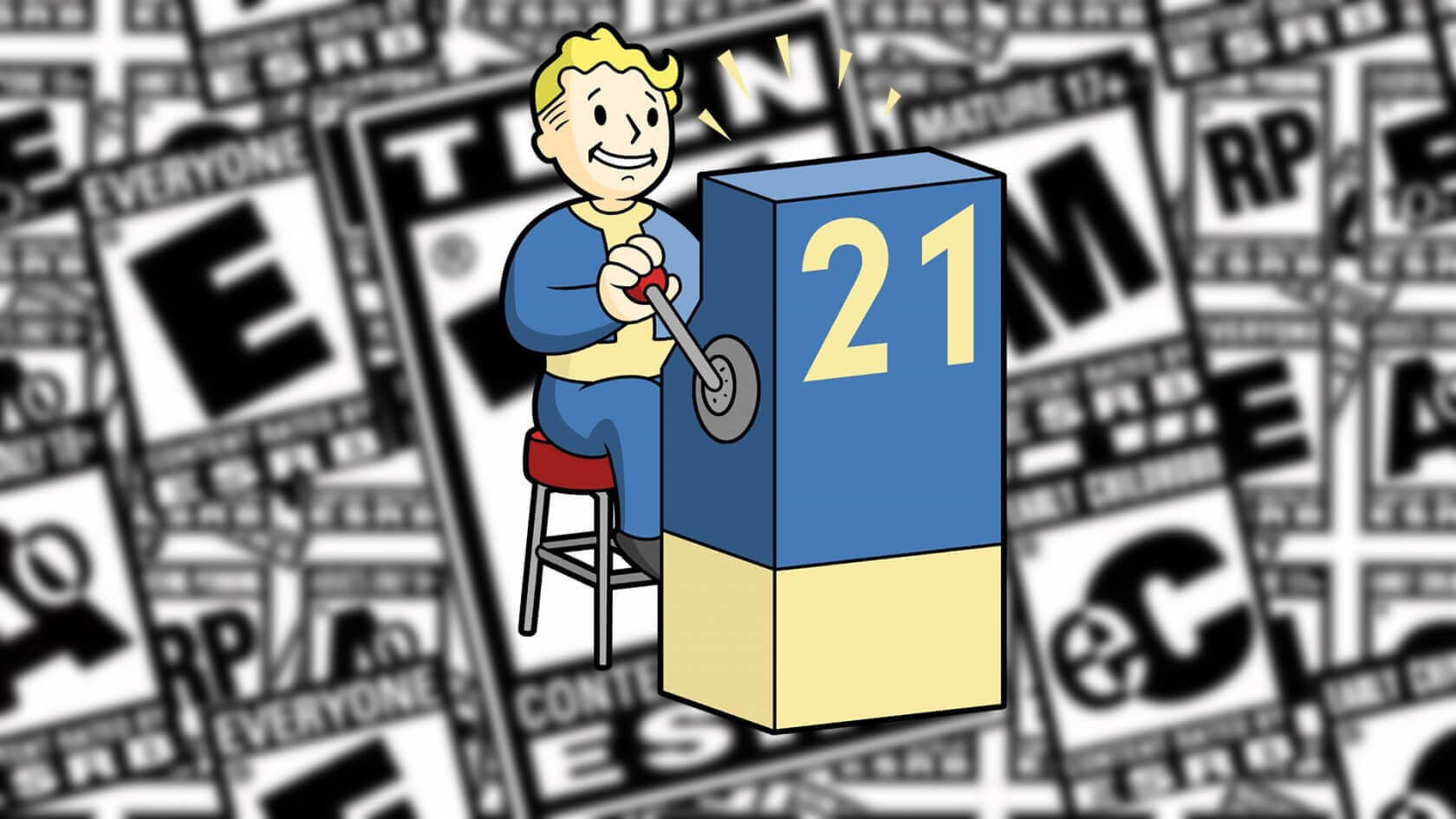
Belgium has declared the loot box systems in FIFA 18, Overwatch, and Counter-Strike: Global Offensive illegal under Belgium gambling laws. Belgium’s Prime Minister of Justice Koen Geens stated that the offending content must be removed from the games. Failure to do so could result in fines of up to 800,000 euros and imprisonment.
The loot box controversy really heated up last fall with Star Wars Battlefront II’s aggressive microtransactional model. At that time it was reported that it would take over $2,000 or 4,500 hours of gameplay to unlock all of Battlefront’s content. The uproar caused EA to temporarily pull microtransactions from the game and later implement a modified MT system that does not allow loot boxes to be bought with cash. Ironically, this move led to the game not being singled out by Belgium authorities as the other three were.
To determine whether the loot box systems were illegal the Belgium Gaming Commision looked at two factors — whether a purchase could lead to a profit or loss and whether or not the results of the "bet" were based on skill or merely luck. It was decided that FIFA 18, Overwatch and CS:GO all had elements of chance in their MT systems and as such fall under the gambling laws of the country.
"The developer of Star Wars Battlefront II made some adjustments shortly after the launch, so that the system of loot boxes in that game no longer technically forms a game of chance," said Geens.
The ruling comes less than a week after the Netherlands outlawed FIFA 18, Dota 2, PlayerUnknown’s Battlegrounds, and Rocket League. According to Eurogamer, the Dutch gaming authority studied the 10 most popular streamed games on Twitch and discovered that the four previously mentioned are in violation of its Betting and Gaming Act. Specifically, the awards within the loot boxes could be traded outside of the game for cash giving them market value. Therefore, the MT systems constituted gambling similar to a slot machine.

Even though the games themselves do not facilitate the exchange of loot box prizes, the fact that they can be traded outside is enough to charge the game makers with “offering this type of game of chance to Dutch players without a license.” Game makers have until June 20 to pull or alter their loot box systems.
Although the ESRB in the US has determined that loot boxes are not gambling, states like Hawaii and Washington are looking at legislative measures to either ban or regulate loot box mechanics in games. As the debate continues, we are likely to see more regions following Belgium's example, especially for particularly predatory MT systems.
Belgium has not set a deadline for the removal of the loot boxes but is rather looking to open a discussion with game makers regarding the issue.
https://www.techspot.com/news/74321-belgium-finds-loot-box-systems-three-popular-titles.html